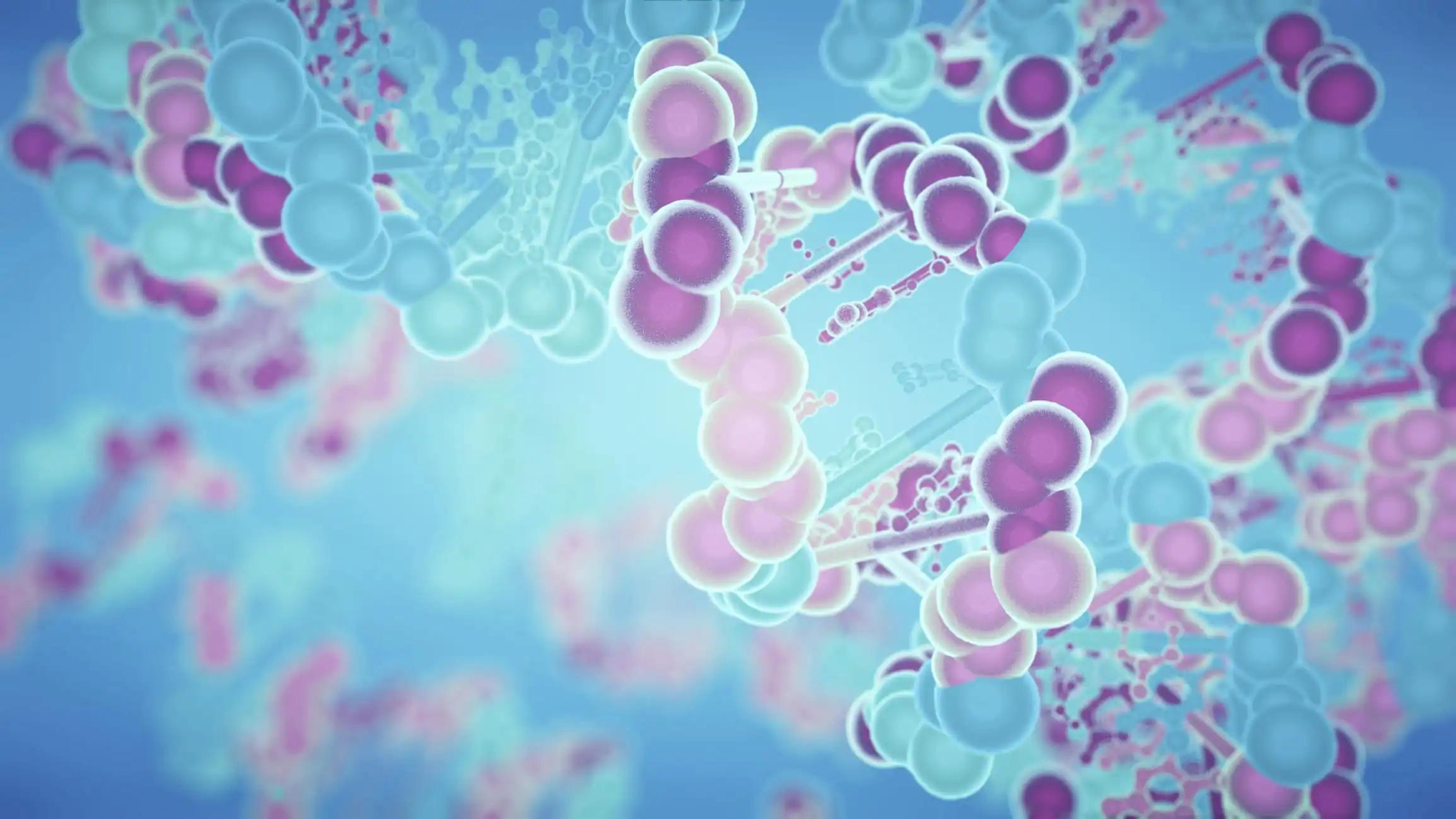KEY TAKEAWAYS
- The Phase 2 study shared findings on two experimental cell therapies, afamitresgene autoleucel, and its successor ADP-A2M4CD8, to update nurses on emerging treatments.
- The study suggested that nurses are crucial in administering T-cell therapy and need to stay updated on cancer treatment advances to effectively manage patients benefiting from these new therapies.
The field of adoptive cell therapy is rapidly changing. T-cell receptor (TCR) T-cell therapies offer promise in treating adults with advanced solid tumors. It’s crucial for oncology nurses to stay updated on emerging treatments, as these may influence future standards of nursing care.
This study provided information on two experimental cell therapies, afamitresgene autoleucel (afami-cel) and its advanced version ADP-A2M4CD8, to inform nurses about new, promising treatment options. Both therapies involve genetically engineered T-cells targeting specific cancer antigens in the context of suitable human leukocyte antigen (HLA) expression.
The Phase 2 trial, known as SPEARHEAD-1 (NCT04044768), examined afami-cel’s effectiveness in treating synovial sarcoma (for Cohorts 1 and 2) as well as myxoid/round cell liposarcoma (Cohort 1). Meanwhile, the SURPASS study (NCT04044859), a Phase 1, first-in-human trial, is investigating the use of ADP-A2M4CD8 either as a standalone treatment or combined with nivolumab across various types of tumors.
In both studies, autologous T-cells are obtained through leukapheresis, then modified using a self-inactivating lentiviral vector to express a unique T-cell receptor (and an added CD8α co-receptor in the case of ADP-A2M4CD8). These modified cells are then reinfused into the patients after they undergo chemotherapy to deplete existing lymphocytes. Both studies assessed the safety and anti-tumor activity of these interventions.
Data from the first cohort of the SPEARHEAD-1 trial demonstrated that afami-cel is effective, particularly in patients who have undergone extensive prior treatment. The overall response rate for synovial sarcoma was 38.6%, with responses lasting a median of 50.3 weeks as of August 29, 2022. In the SURPASS trial, the observed overall response rate was 28%, and the median duration of responses lasted 12 weeks, with data cut-off on August 1, 2022.
Promising outcomes in the ovarian cancer subgroup have led to the launch of a Phase 2 study for ADP-A2M4CD8 (SURPASS-3; NCT05601752). Although side effects like cytokine release syndrome, extended cytopenia, and neurotoxicity were noted, the benefit-to-risk ratio remains favorable.
Nurses are integral in administering T-cell therapies and need to understand the latest advancements and clinical data to manage patients who could benefit from these emerging treatments.
Source: https://ons.confex.com/ons/2023/meetingapp.cgi/Paper/13393
Clinical Trial: https://classic.clinicaltrials.gov/ct2/show/NCT04044768
Elefant, E., Hickman, T., Kan, Y.K., Pérez, S., Neumann, J., Seiders, T. P375 – Increasing the Awareness of Nurses on Evolving Cell Therapies.



